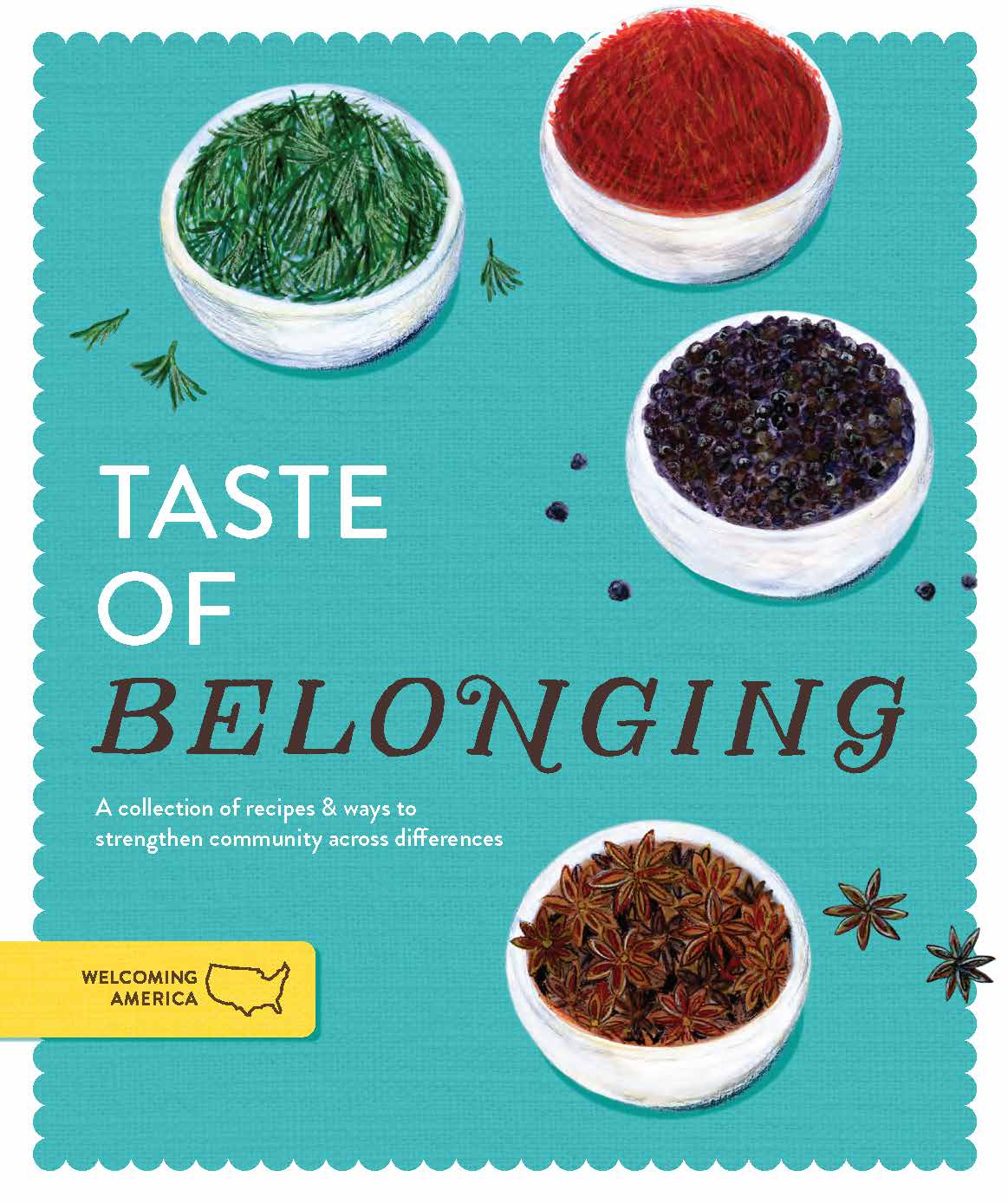One southwest Missouri town learns that food can forge connections.
NOEL, Mo. – Food is a bridge that brings people together. That conviction was the seed for a garden that now flourishes on what was once a rocky hillside plot in Noel, a town of 1,800 in the southwest corner of Missouri.
A meat-packing plant has drawn immigrants and refugees from 17 nations to the area. Some families — mainly from Mexico, Central and South America and Laos — have lived in the area for years. More recent arrivals come from other Asian nations as well as Africa and the Pacific Islands. Each group brings customs and cuisines unfamiliar to longer-established residents. The growing town has struggled to create a shared sense of welcome and belonging.
Refugee and Immigrant Services & Education (RAISE) was founded in 2017 by Kara Gebre to help these newcomers navigate the complexities of life in America and rural Missouri. This goes beyond just teaching English-language learners classes, said Mike Newman, executive director of RAISE.
RAISE health director Jennifer Rocheleau says the organization wants to make sure families have access to nutritious and affordable foods. “Not only could a garden help provide that, but we also thought the garden would be a way to start communication across different cultures to plant together, work together, grow together, cook together, eat together,” she said.
Unsure where to begin, RAISE turned to the University of Missouri Extension engagement specialist for McDonald County, Jennifer Lutes, who brought in several colleagues. The extension team understood that growing and eating food together helps with community building, Lutes said. “Even if you don’t speak the same language, when you’re standing there planting next to somebody, you realize, ‘Hey, we’re all in this together!’”
In March 2020, RAISE broke ground on a sloped plot of land donated by the Noel Housing Authority.
“When I look at other community garden spots I consult on, I say, ‘Boy, this is a good spot for a garden,’” said MU Extension horticulturist Robert Balek. “Not here.”
Weeds, rocks and fescue choked the hard-baked clay soil. “They had to work backwards to create a site they could even begin to think of turning into a garden,” Balek said. “It took a lot of hard work and ingenuity.”
Balek tested the soil and advised on the use of chemical-free weed eradication methods. Volunteers lugged off big rocks, added organic matter, started composting and painstakingly sifted smaller rocks from the dirt.
The hardships of preparing the garden bode well for its long-term success, Balek said. “Many community gardens fail because they don’t have a sense of purpose,” he said. “This RAISE garden has all kinds of people working together and having to face and overcome challenges together.”
RAISE garden coordinator Destiny Akannam even got kids involved, mustering an “inspection crew” to find pests and pick tomato hornworms off plants. They sent photos to Balek, who would identify pests and offer advice on getting rid of aphids or treating a fungus, for example, using methods like soap, jets of water or scheduling planting to avoid certain insects.
“We want the garden to be a safe and healthy learning experience for children and families,” Rocheleau said. “That garden is more than just a food source; it’s a community resource.”
In two years, the garden has yielded herbs, blackberries, squash, okra, tomatoes, cucumbers and peppers. Volunteers have also harvested potatoes, onions, beans, cantaloupe, watermelon, pumpkins and eggplant. They have planted several fruit trees and built raised beds for root vegetables. There are plans to use the garden to test new fruits and vegetables common in other cuisines, such as bitter melons, to see if some of them might find a commercial market locally.
MU Extension nutrition specialist Eden Stewart has worked with volunteers to develop recipes that blend cultures and cuisines, such as using okra with potatoes and introducing North African flavors to traditional American fare. Stewart experiments with incorporating common local vegetables like tomatoes and radishes into other cuisines. She also provides information about food preparation and preservation. “When you get a lot of food ripening and ready to harvest all at once, it’s hard to eat it all at once,” she said. &dquo;What can you do to stretch out its use and help eliminate waste?”
This fall, RAISE invited all of Noel to a Welcoming Week event at the community garden to share the bounty of a second successful harvest.
“We need to build understanding and realize that we have a lot we can learn from each other,” Lutes said. “When the walls start coming down and we build bridges instead, we have a chance to be sure that all of our kids are healthy and happy, that they have access to good food and clean water. That is better for the community, better for us all.”
The RAISE Community Garden is possible through collaborations with the Noel Housing Authority, Walmart, Landon Feed & Seed, Gardening Know How, Welcoming America, Belonging Begins With US and University of Missouri Extension.

“Taste of Belonging: A Collection of Recipes & Ways To Strengthen Community Across Differences,” available for free download from Welcoming America, features the RAISE Community Garden on pages 16-21.




